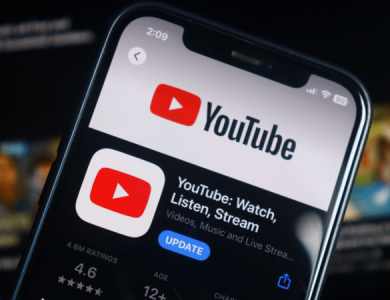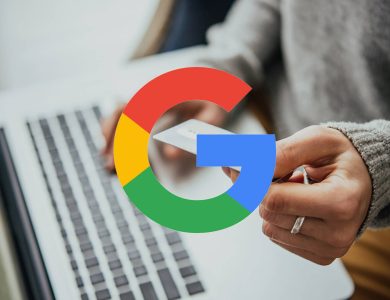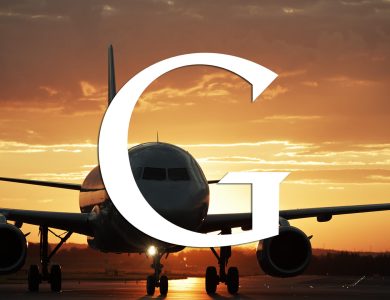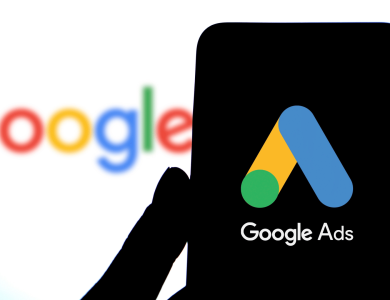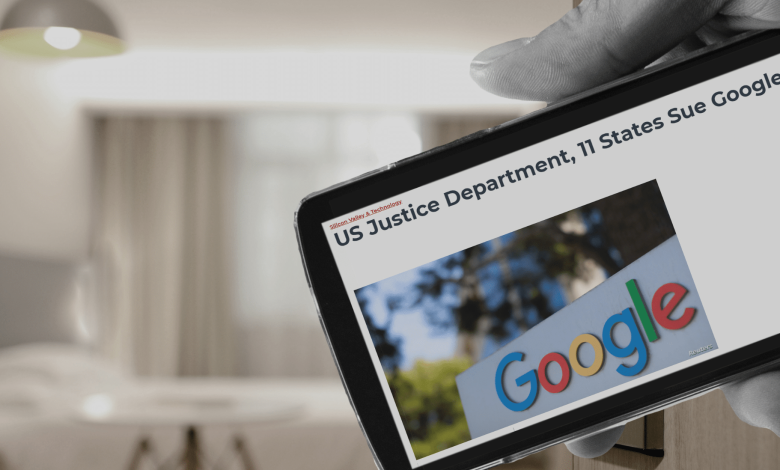
Google is facing a trial over allegations of abusing its dominant position in the digital advertising industry, a market worth $200 billion.
The U.S. Department of Justice has accused Google of using acquisitions and anticompetitive tactics to maintain control over the entire advertising technology stack. This includes the tools advertisers and publishers use to trade ads and the exchange system that connects them.
Google has responded by denying these claims, asserting that there are several competitors in the industry, that a combination of tools results in less revenue, their fees fall below the industry average, and that small businesses would suffer the most should Google lose the case.
The verdict of this significant case might lead to major changes for Google and publishers, though some experts suggest a ruling against Google could harm advertisers as well.
It’s also possible the trial may not result in any changes, allowing Google to continue operating as usual.
Day 1: Accusations and Pressure on Witnesses (Sept. 9)
DOJ’s Accusations:
- Google controls the network for advertisers.
- Google has dominance over the publisher’s ad server.
- Google manages the ad exchange linking the two.
Google’s Defense:
- They challenged the definition of open-web display ads.
- Argued the DOJ’s market definition was manipulated to portray Google negatively.
- Showed a chart with competitors such as Microsoft, Amazon, Meta, and TikTok.
The trial is crucial in determining if Google’s grip over digital advertising is an unlawful monopoly, potentially impacting online information dissemination.
Day 2: Google Retains Control Over Publishers and Lacks Transparency (Sept. 10)
Stephanie Layser, former ad executive at News Corp, testified:
- Google’s ad tools make publishers feel “stuck.” News Corp considered changing ad servers in 2017 but faced too much revenue risk due to Google ads demand.
- 40-60% of News Corp revenue came from AdX, with 40-60% of that being Google Ads demand.
- Google’s ad server technology is outdated but inescapable due to limited alternatives and market dominance. “DFP (Google Ads Manager) isn’t superior – it’s an old, sluggish technology.”
Jay Friedman, CEO of Goodway Group, criticized Google’s variable pricing, calling it a system manipulation. He pointed out the conflict of interest in Google controlling both buying and selling sides in the ad market.
Eisar Lipkovitz, former Google VP of Engineering, offered an insider view of Google’s dysfunctional practices, describing their auction methods as unfair and lacking transparency.
- He referred to the approach as "stupid" and "idiotic," highlighting tendencies to "omit information."
Lipkovitz compared Google’s dominance to a financial firm controlling the stock exchange, indicating a need for industry regulation.
Day 3: Google’s Data Advantage Hinders Competition (Sept. 11)
Jed Dederick, CRO at the Trade Desk, emphasized the need to separate buy-side and sell-side interests, highlighting the conflict in Google controlling both.
- Google’s access to extensive user data from platforms like YouTube and Search gives them a significant competitive edge, hampering other platforms’ success.
Other Key Arguments:
-
Google’s control over ad servers stifles competition and innovation (Brad Bender, Former Google Product Lead).
- Practices such as First Look and Dynamic Revenue Share benefit Google at publishers’ expense (Ravi Ramamoorthi, UC San Diego Professor).
Day 4: Google Influences Ad Prices and Competition (Sept. 12)
Key Participants:
- Rahul Srinivasan, former Google Product Manager, discussed the 2019 UPR rollout and attempts to control ad pricing despite publishers’ resistance.
- Rajeev Goel, CEO of Pubmatic, and Tom Kershaw, former CTO of Magnite, spoke about the challenges of competing with Google, pointing out how its dominance suppresses competition and reduces publisher revenue.
Key Testimony Highlights:
- Publishers expressed discontent during the UPR rollout in 2019, criticizing the loss of control over pricing floors and auction transparency.
- Internal emails suggested Google considered lowering its share to alleviate publisher concerns but chose to advance with UPR, bundling it with other changes to lessen opposition.
- Rajeev Goel criticized Google’s first-look auction system for suppressing competition and reducing revenue diversity for both publishers and advertisers.
The trial is advancing more quickly than anticipated, with the DOJ now expecting to use half of the originally planned time to present its case. Judge Brinkema has urged both parties to simplify their arguments, particularly concerning the disputed topic of "header bidding."
Key Participants:
- Tom Kershaw (Former CTO, Magnite) noted that publishers depend on Google’s ad servers despite alternatives like Prebid. He likened relying solely on Prebid demand to “starving to death,” underscoring the limited options available to publishers.
- Chris LaSala (Former Manager, Google) discussed internal conversations revealing Google’s awareness of its high take rates and the significance of its exclusive demand, opting to commoditize its ad exchange business instead of "extracting high rent."
- Brian Boland (Former VP, Meta) talked about Facebook’s challenges with Google’s preferential treatment of its ad exchange and FAN’s struggle to compete in the open web display space, eventually leading to FAN’s market exit.
Google has established a "trial media center" site where documents related to the case are being posted. It remains uncertain if all trial documents are available there. Google has not widely announced the location of these documents, but it was noted and shared by Arielle Garcia, Director of Intelligence at Check My Ads, on social media.
Day 7-9: Judicial Frustration and Conflicting Testimonies (Sept. 17 – 19)
Day 7 unveiled tensions within the ad tech ecosystem, internal conflicts at Google, and the hurdles competitors face. Main issues included Google’s strategies against header bidding and possible anticompetitive actions.
- Google’s buy-side engineer Nirmal Jayaram testified about internal discussions on conflict of interest and competitive tactics.
- Former OpenX CEO Tim Cadogan described the difficulties independent ad tech firms face when competing with Google.
Day 8 highlighted judicial impatience with repetitive testimonies. Key points involved inconsistencies in statements from Google executives, assessments of economic impact, and publishers’ views on Google’s market influence.
- Testimony conflicts: Scott Spencer, former Google Director of Product Management, contradicted prior witnesses regarding dynamic allocation, indicating possible inconsistencies in Google’s narrative.
Day 9 concentrated on internal clashes at Google between product teams and management, expert testimony on Google’s market power, and evidence supporting DOJ’s monopolization claims. The judge continued pushing for efficiency by curbing redundant testimonies.
- Product vs. Profit: Jonathan Bellack’s testimony highlighted tensions between Google’s product team’s aim to enhance publisher offerings and the leadership’s focus on profitability.
- Market Power: Dr. Robin S. Lee’s expert testimony backed DOJ’s market definitions and Google’s significant market power in ad tech.
- Unique Demand: Evidence suggested Google Ads offers unique demand that can’t be quickly substituted, supporting DOJ’s monopolization claims.
What’s Next: The trial is expected to span several weeks. If the DOJ prevails, Google could potentially face up to $100 billion in advertiser lawsuits, as per Bernstein analysts.
Exploring Further: Updates on the trial can be found on the United States vs. Google platform.
Another Significant Google Antitrust Trial: In August, a federal judge determined in a separate case that Google violated antitrust laws. More information on that trial can be found in our article, U.S. vs. Google antitrust trial: Everything you need to know.
This article will be updated regularly with the latest developments from this landmark trial.
